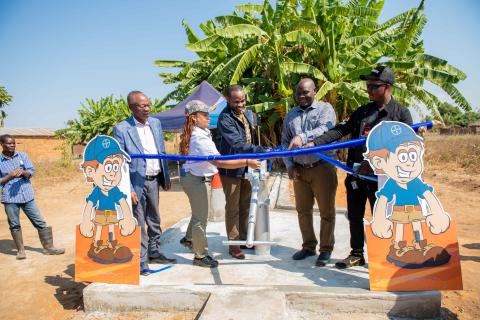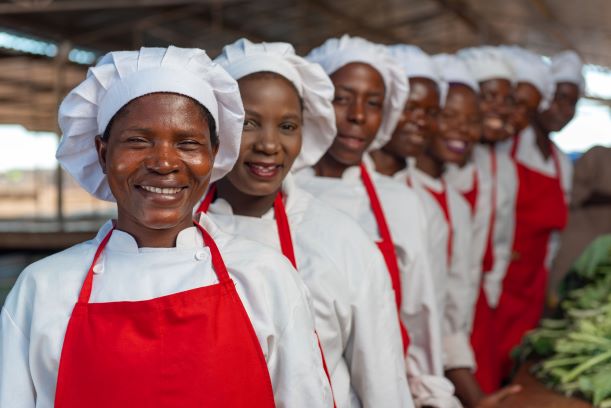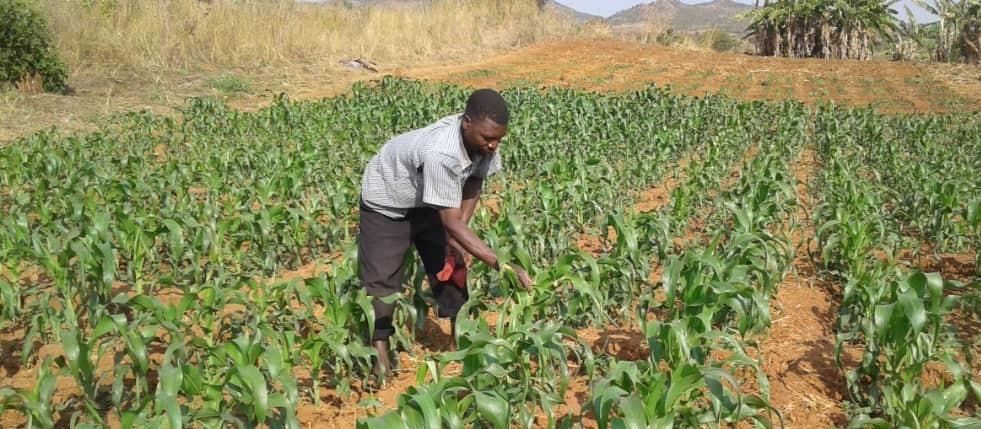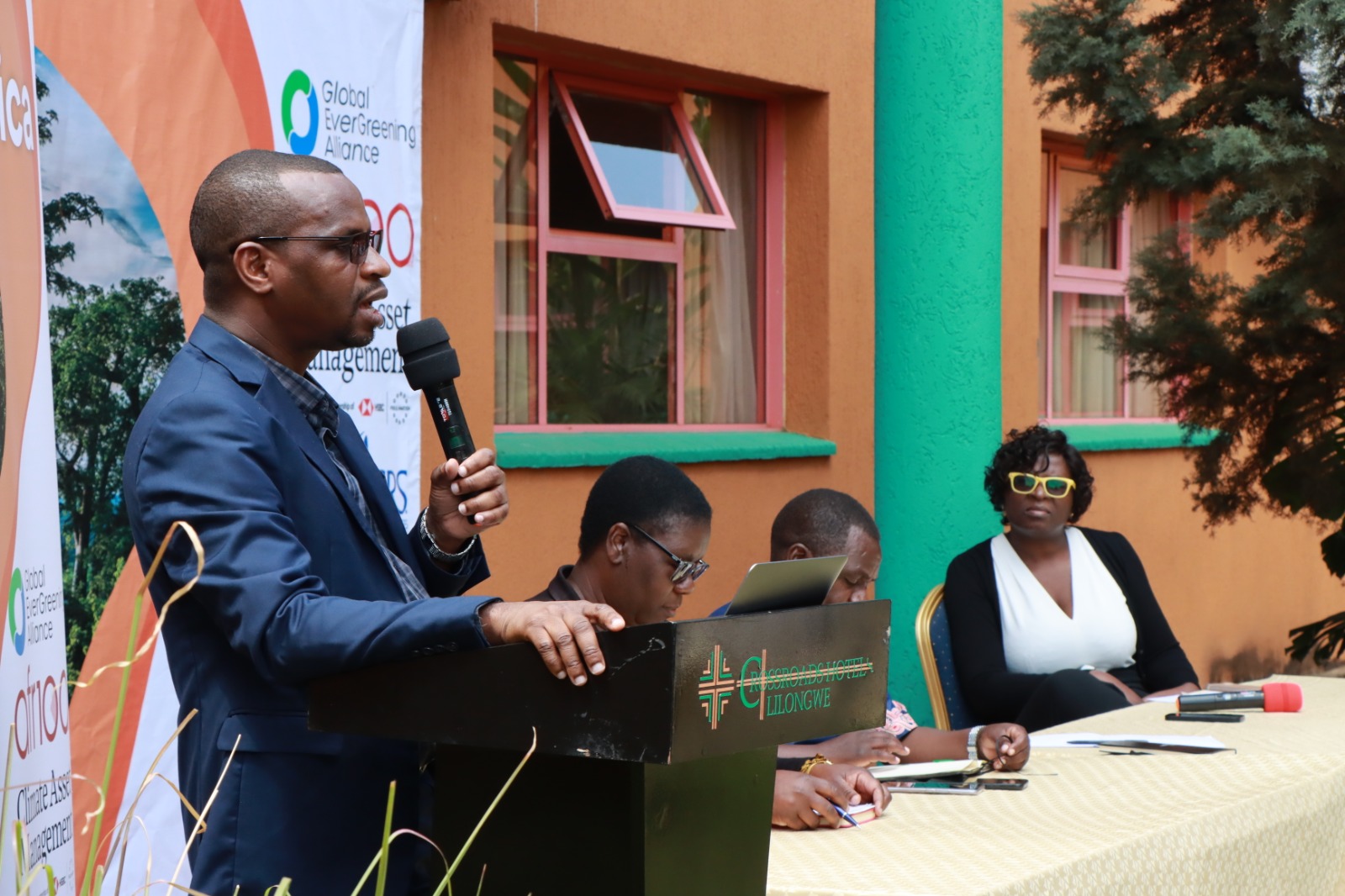We Are Total LandCare
Total LandCare was founded in 1999 by Trent Bunderson, Zwide Jere and Ian Hayes to sustain and expand the successful agricultural and natural resource management programs of a 12-year project funded by USAID – the Malawi Agroforestry Extension Project.

Executive Director and Co-Founder
W. Trent Bunderson

Managing Director and Co Founder
Zwide D. Jere

Director of Finance and Administration
Victoria Kambalame

Director of Monitoring and Evaluation
Isaac T. Nyirongo
Agro-ecological management of the fall armyworm in Eastern and Southern Africa Project
Research assistants for the AgEcoIPM
AgEcoIPM’s project aims to sustainably strengthen the resilience of smallholders to FAW infestations in the cultivation of maize in Malawi, Uganda, and Zambia. The project is implemented by the International Centre of Insect Physiology and Ecology (icipe) in partnership with GIZ-Uganda, GIZ-Zambia, TLC-Malawi, NARO-Uganda, and ZARI-Zambia.
INSIGHTS AND ARTICLES
LATEST NEWS
contact
get in touch
-
Our Address
Plot No.: 12/520, New Area 12, Lilongwe, Malawi
-
Contact Info
P.O.Box 2440, Lilongwe, Malawi
Email: totallandcare@tlcmw.org
-
Phone Numbers
+265 999 952 778
+265 999 965 282









